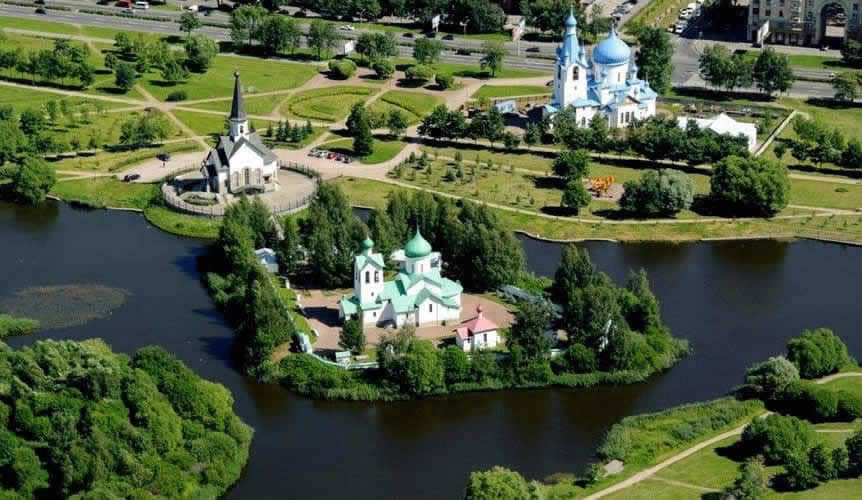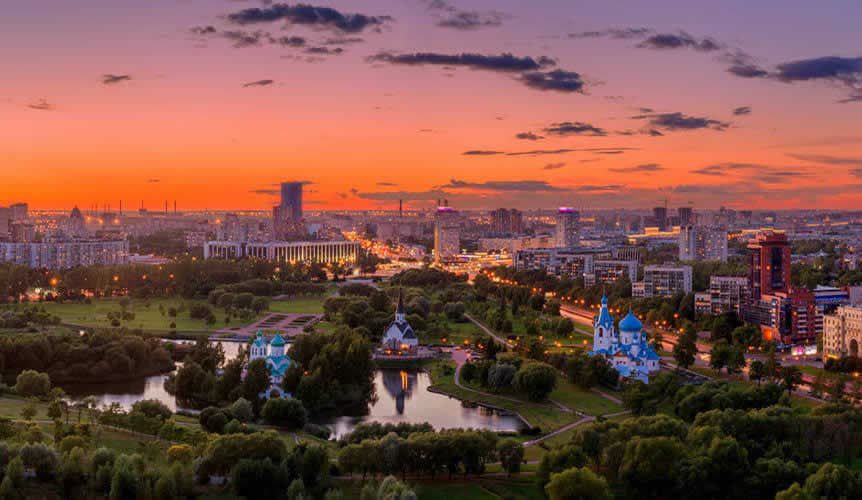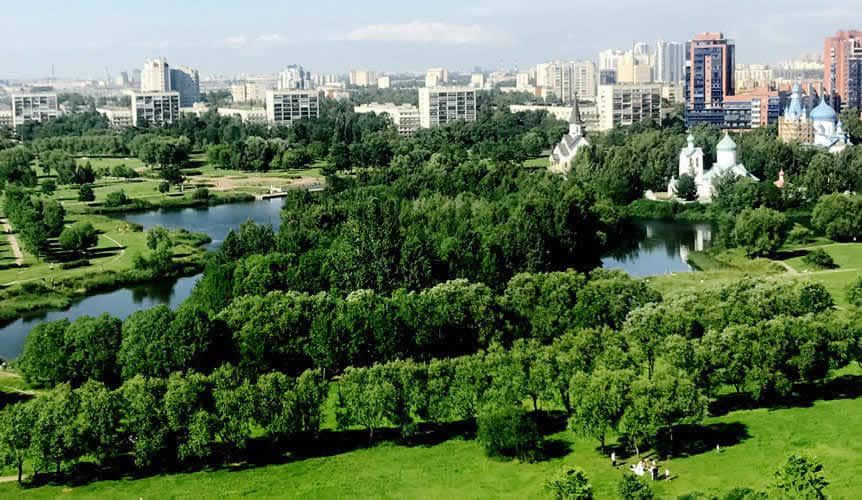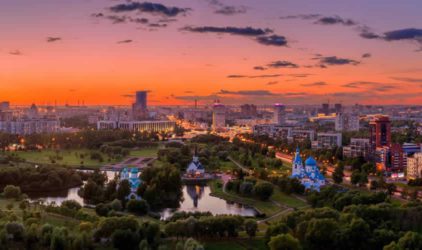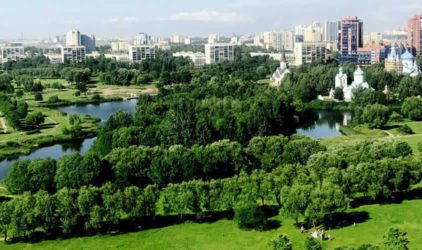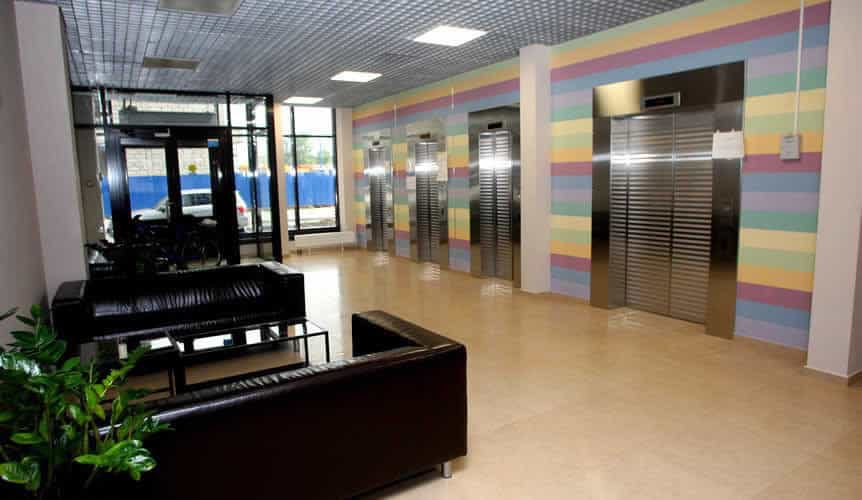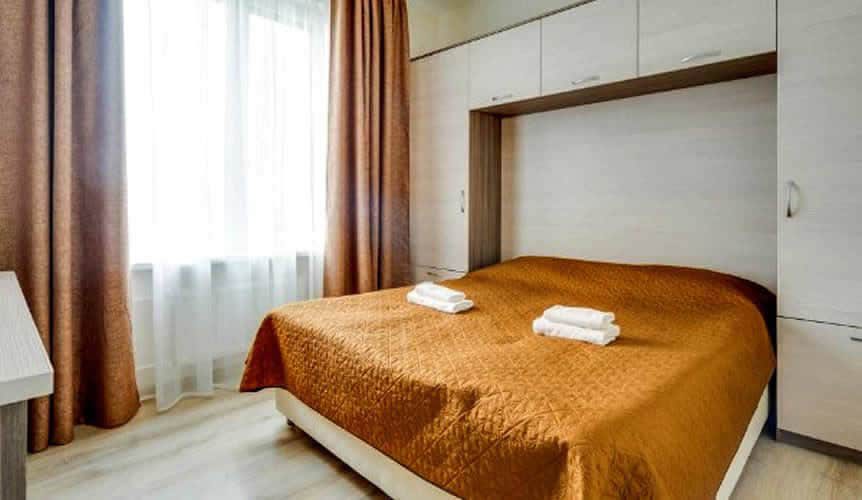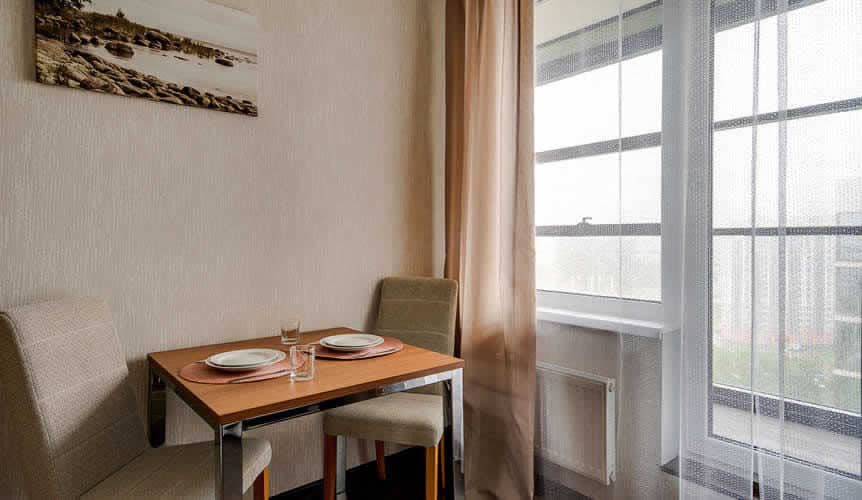How to succeed in studying in a Russian city? (Part I.)
- Tip 1: Find out about the Russian university you choose
- Tip 2: Check the degree equivalences in Russian system and in the system of your country
- Tip 3: Interview former Russian speakers about their experience
- Tip 4: Go through the selection process of the Russian Government
- Tip 5: Take some Russian lessons
- Tip 6: Prepare your budget and your Russian rubles
- Tip 7: Get help from the Russian Embassy in your country
- Tip 8: Contact Russian Student Associations
- Tip 9: Proceed with your administrative formalities for Russia
- Tip 10: Make the most of your Russian-speaking expatriate experience!
Tip 1: Learn about the Russian university you choose
To choose a good university, you must already take stock of your achievements: are you leaving after graduation? After a license? To validate a Master’s degree or to finish your doctorate? Do you remember that the Russian and your country’s education systems are different:
- In Russia, the Master’s degree is obtained in 2 or 3 years after a Bachelor’s degree,
- You can also take the “aspirantura”, the doctorate, after a Bachelor’s degree in 3 or 4 years.
For example, there is no Erasmus programme for Russia: your preliminary research should allow you to know in which framework you are going to study.
Before you start the immersion in a Russian soil, you should see what is available to you, namely no less than 802 universities in 24 cities of Russia! So you need to find out:
- The application procedure and dossier,
- Study funding options,
- The subjects taught and the types of opportunities offered,
- Whether or not your curriculum includes Russian language courses.
Also, take care of your possibilities once you are there: does your status allow you to do an internship? Working a student job? Ask all your questions to the international relations and admissions department, but do not be surprised if they answer in approximate English.
Tip 2: Check the degree equivalences in Russian system and in the system of your country
If you are in a big school or a college of engineering schools, you may have the chance to go on an exchange program, either for the entire academic year or just one semester.
This is the case, for example, of the double degree between Sciences Po Paris and MGIMO or Bard College and SBPSU.
It is important to check that your degree will be well recognized, first in your country, but also internationally. This is not the case for all Russian universities. For this, refer to the ranking of the best universities in Russia, which necessarily have international equivalences (such as Moscow State University, St Petersburg or Kazan).
Tip 3: Interview former Russian speakers about their experience
On the Internet, in the social medias you can easiy find guys who came ack from Russia an they can help you:
- About all the process and how everything works,
- Russian graduation and the required level of language,
- If it is necessary to take out a student loan for your Russian studies,
- Or any other details about life on the spot.
“For most students, their studies in Russia have been successful, we have little return or repatriation anticipated in France,” says Sophie, manager who works with the international students
Do not hesitate to contact any people with similar experience, whether it is the Embassy in Russia, the ICC or other companies to get feedback. This will help you prepare for your trip.
Tip 4: Go through the selection procedure of the Government of the Russian Federation
If the Russian education system is attractive, it is probably also because studying in Russia is almost free, even in terms of housing or daily living expenses. The procedure is a multi-step process and is distinct from an application for direct admission to a university:
- When the call for applications is open, fill in your profile on the Russia Study website,
- Complete and fill in the requested forms,
- Add the required documents (usually including a copy of your passport),
- Validate your request, and wait for a return.
In Russia, it is considered that being a student is a work in itself: you invest yourself to the maximum!
Tuition fees are reduced or even offered through the program at the Russian Ministry of Foreign Affairs and Education. This avoids an application for a complementary grant to the French State or your bank.
To be continued…



